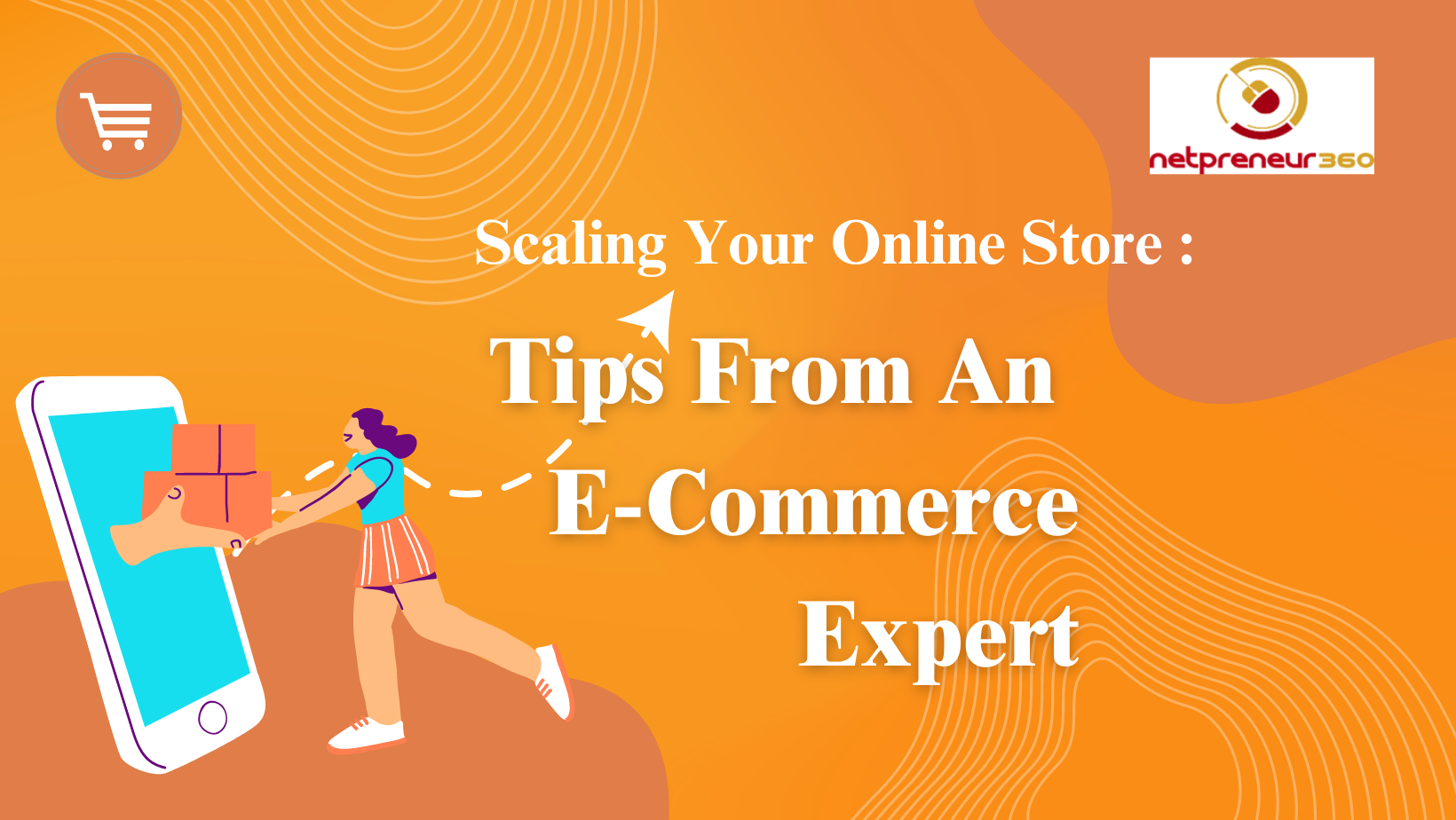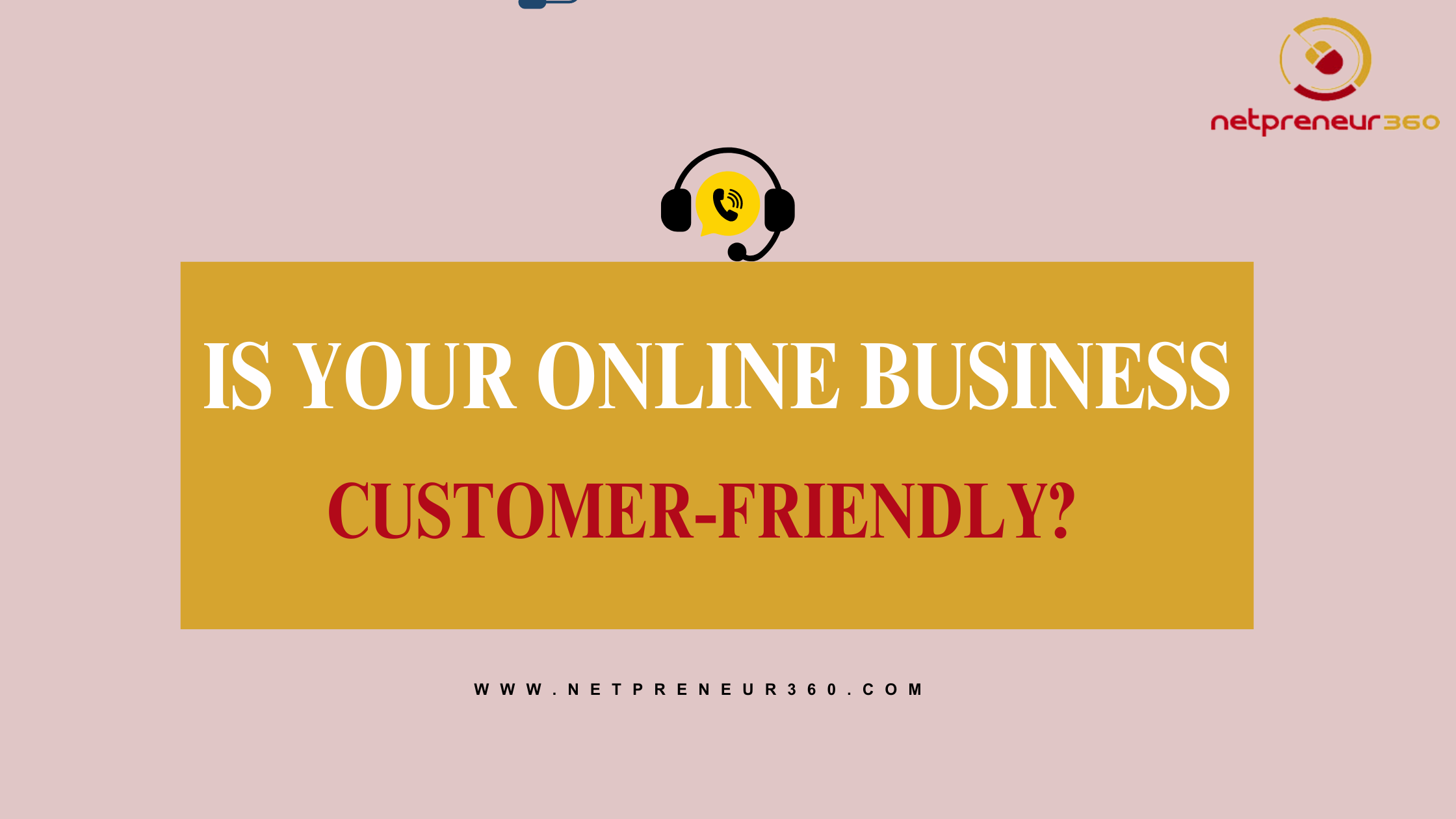Introduction: Scaling Your Online Store for Success
Scaling an online store can be both exciting and challenging. Whether you’re a newbie or a seasoned entrepreneur, learning how to effectively scale your e-commerce business is crucial for long-term success. In this post, we bring you insights from an experienced e-commerce expert who shares practical tips on scaling your online store. These strategies are easy to implement, ensuring that even beginners can take advantage of them. From optimizing your operations to leveraging digital marketing, these tips will help you grow your business efficiently.
1. Understand Your Market and Customers

Why Knowing Your Market Matters
One of the first steps to scaling your online store is having a deep understanding of your market and customers. Knowing who your target audience is and what they need allows you to create products and marketing strategies that resonate.
Expert Tip: Use Data Analytics Tools
The expert suggests using data analytics tools like Google Analytics and Shopify Analytics to track customer behavior. These tools can provide valuable insights into what products are performing well, who is buying them, and how you can improve your offerings.
Getting Started:
- Set Up Analytics: Ensure your website is connected to Google Analytics or other tracking tools.
- Analyze Data Regularly: Look at your traffic, conversion rates, and customer demographics to guide your scaling efforts.
2. Optimize Your Website for Better Performance

Speed and User Experience Are Key
A slow-loading website can drive potential customers away. Optimizing your site’s performance is crucial for maintaining a high conversion rate. The expert emphasizes that a fast, user-friendly site will not only improve customer satisfaction but also boost your sales.
Expert Tip: Focus on Mobile Optimization
Since a large percentage of online shoppers use mobile devices, optimizing your store for mobile is non-negotiable. Make sure your website design is responsive and that it looks great on smartphones and tablets.
Getting Started:
- Use Tools Like GTmetrix: Analyze your website speed and performance.
- Optimize Images: Compress images without losing quality to reduce load times.
- Improve Navigation: Ensure your site is easy to navigate with clear calls-to-action.
3. Leverage Social Media for Marketing

Why Social Media is Essential for Scaling
Social media is one of the most powerful tools you can use to scale your online store. Platforms like Instagram, Facebook, and TikTok allow you to reach a wider audience and engage with your customers directly.
Expert Tip: Use Influencer Marketing
Collaborating with influencers who align with your brand can give your products instant credibility and reach. Micro-influencers, in particular, can be a cost-effective way to tap into niche audiences.
Getting Started:
- Choose the Right Platforms: Focus on platforms where your target audience spends most of their time.
- Create Engaging Content: Use videos, stories, and posts to showcase your products.
- Track Your Efforts: Use social media analytics tools to monitor your campaigns and adjust your strategy as needed.
4. Automate Where Possible

The Importance of Automation in Scaling
As your business grows, automating repetitive tasks can save you time and reduce errors. From managing inventory to handling customer service, automation tools can help you streamline your operations.
Expert Tip: Invest in E-commerce Tools
The expert recommends tools like Zapier and HubSpot for automating workflows. For example, you can set up automated emails for order confirmations, shipping updates, and abandoned cart reminders.
Getting Started:
- Identify Tasks to Automate: List repetitive tasks that take up too much time.
- Choose Automation Tools: Use tools like Klaviyo for email marketing and Zendesk for customer service automation.
- Test and Optimize: Continuously test your automation processes to ensure they work smoothly.
5. Expand Your Product Range Carefully

Scaling Through Product Diversification
Expanding your product line can be a great way to increase your revenue. However, it’s important to do so strategically. The expert advises testing new products on a smaller scale before fully committing.
Expert Tip: Use Customer Feedback
Use feedback from your customers to identify new product opportunities. Launch limited editions or test products to gauge interest before adding them permanently to your inventory.
Getting Started:
- Run Surveys: Use tools like SurveyMonkey to gather customer feedback on potential products.
- Test Market Products: Introduce new items in small quantities to assess demand.
- Monitor Sales Performance: Track how new products perform and make adjustments as needed.
6. Focus on Customer Retention

Why Customer Retention is More Cost-Effective
Acquiring new customers is often more expensive than retaining existing ones. The expert emphasizes that focusing on customer retention through loyalty programs, excellent service, and personalized marketing can drive long-term growth.
Expert Tip: Implement Loyalty Programs
Loyalty programs encourage repeat purchases by rewarding customers for their ongoing business. Points, discounts, and exclusive offers can make your customers feel valued.
Getting Started:
- Set Up a Loyalty Program: Use tools like Smile.io to create a points-based loyalty program.
- Personalize Marketing Efforts: Use customer data to send targeted offers and content.
- Engage Through Email: Regularly update customers on new arrivals, sales, and loyalty perks.
Conclusion: Start Scaling Your Online Store Today
Scaling your online store doesn’t have to be overwhelming. By applying these expert tips understanding your market, optimizing your website, leveraging social media, automating tasks, expanding your product range thoughtfully, and focusing on customer retention you can set your business on a path to sustainable growth. Start implementing these strategies today, and watch your online store thrive in the competitive e-commerce landscape.


















